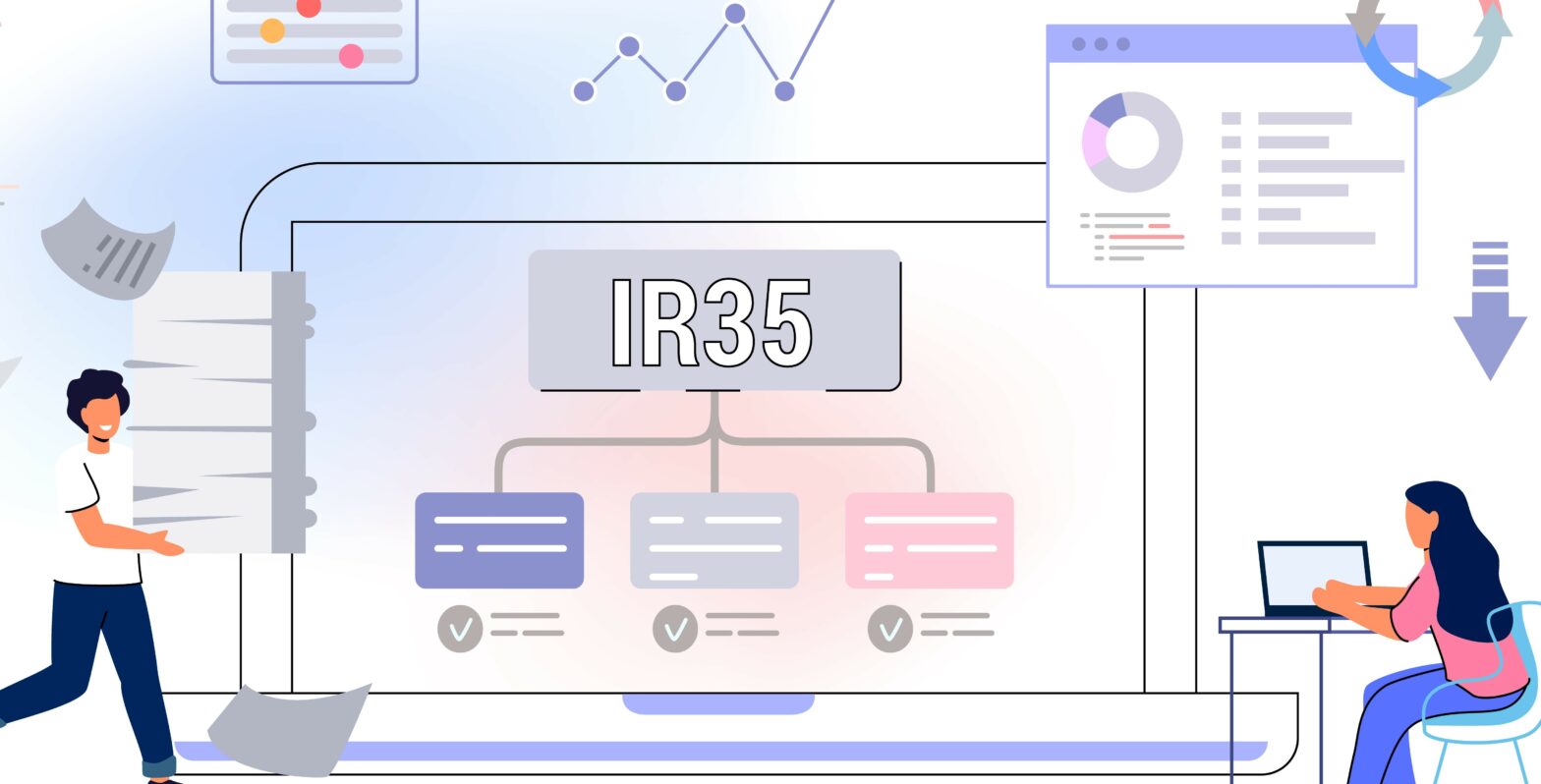You know it’s coming. It comes up in almost every single job interview, and yet the knee-jerk reaction is still cringe.
Few questions carry as much weight as ‘Why should we hire you?’ in a job interview.
When asked, it is a seal-the-deal opportunity for the right candidate who must encapsulate their fit in a concise, compelling and confident manner, without veering into bragging territory.
To answer effectively, it’s important to understand why a hiring manager is asking this question.
They’re not looking for a list of qualifications or experience – they’ve already seen that on your CV – they’re looking to find the candidate who has the right skills, the right attitude, and who brings real value to the organisation.
With that in mind, face the cringe head-on, and prepare your answer in advance. Here’s how.
#1 – Show enthusiasm for the role and the company
Attitude is everything. If you can’t show enthusiasm in a job interview, hiring managers can easily envision how you’ll be during necessary but repetitive tasks, or filing tedious month-end reports.
Start by conveying your excitement about the opportunity and joining the company in general. Then mention specific aspects of the company’s mission that resonate with you, and if it’s a natural fit, add how its goals and values align with your own.
#2 – Reiterate your relevant skills and experience
Now that you’ve shown that you understand the organisation’s needs, follow that up with how you will contribute to its success.
Highlight the skills and experience you have that are core to this role, but don’t limit this to languages and systems knowledge. Again, these are already visible on your CV, so instead fold in your soft skills and industry knowledge, both are especially important for more senior roles.
Back up all claims with success-based examples from your past. For example, it’s not that you have DevOps and Agile experience, it’s how you’ve implemented DevOps practices and used Agile mythologies to deliver on specific KPIs that matters.
#3 – Highlight your USP
Your unique value proposition (USP) is what sets you apart from other candidates. This could be your particular blend of skills and experience, or your achievements, or a deep knowledge of a particular area, or your passion for a new technology that’s especially relevant to the company.
Whatever it is, this elevator pitch is your chance to really sell why you would be a valuable asset to the organisation.
#4 – Position yourself amongst the business challenges
In an ever-increasingly automated world, problem-solving and critical thinking are more important than ever. Here’s your chance to place yourself as a solution to current challenges.
First state your understanding of the big issue you see the company or industry is facing, be that tech disruption, changing customer preferences, in-house inefficiencies, or something else.
Next, state the transferrable experience that would help solve this. For example, “In my current role, I led a cross-functional team that delivered an AI integration that added value to our customers, which had a shorter time-to-market, and helped to increase product subscriptions by 12 per cent in three months.”
Lastly, bring it back to this organisation. “For this role, I’m very interested to leverage this experience and to collaborate with different teams to find a solution to X that works for the company in the short and long-term.”
#5 – Demonstrate alignment with the company culture
Finally, show how you’ll fit in, and this doesn’t mean highlighting how you went to the same school or uni as someone in the C-suite.
Here you should focus on the company’s values, and how they align with your own experience. Look for natural fits like customer focus, transparency, collaboration, or trust.
You’ll likely have covered this already in the interview, so here you can refer back to those discussions and hammer the point home.
For example, “As we discussed earlier, collaboration is really important to me and I’m glad to see that this is a core value of the organisation. Accommodating different points of view can make workflows more complicated, but do lead to better outcomes.”
#6 – Tie it up with a bow
Close out your answer by summing up all of the above. Something like this ticks the boxes:
“Overall, I think my unique blend of skills and experience are very relevant to this position, and I have the track record to back this up. I am confident that I will be able to make a meaningful impact from day one, and I look forward to the possibility of success at [insert organisation name].”
Ready to flex your finely-honed interview skills? Visit the Information Age job board to see open roles all across the UK, including the three roles.
Technology Risk Manager, Experian, Nottingham
Experian in Nottingham is seeking a technology risk manager to join its Experian consumer services (ECS) UK&I risk team. As the first line of defence, this risk management role reports to the ECS UK&I head of operational risk and will be responsible for ensuring the effective delivery of the company’s operational risk and control framework. The ideal candidate will have solid, proven experience working a technology risk management role, a relevant professional qualification, and will actively contribute to a culture where customers are the heart. Want to join 21,000 employees in over 40 countries? Apply now.
IT Technology Services Senior Specialist, SAP, Middlesex
If you’re passionate about automation, here’s your chance to make an impact in an international team. SAP is seeking an experienced SAP technical consultant to contribute to its Project ATLAS, which involves leveraging knowledge of its systems to automate processes, enhance customer engagement, and improve the overall service lifecycle. This initiative is at the forefront of cloud transformation and is leading the charge towards a fully-automated, seamless customer experience. You’ll need a master’s degree in computer science, technical engineering or a related field, over a decade of experience on large, multinational IT projects, and at least five years’ experience in agile IT projects, and hosting and/or cloud infrastructure management. Find out more here.
Digital Technology Principal – Financial Services Sector, Version 1, London
Recently awarded as one of the best workplaces for women by Great Place To Work in the UK and Ireland, Version 1 is now hiring for a digital technology principal to work alongside its digital, data and platform leads. With a focus on cloud technology (Azure & AWS), the successful candidate will report to the private or financial services digital sector lead, and will be responsible for understanding customers’ needs, be accountable for successful technical deliveries, and drive innovation. You’ll need proven experience and accountability across different technology deliveries, such as digital transformation, app modernisation and product development, and be able to deliver high-quality, reliable, scalable, secure and observable software solutions. Find out more.
Find thousands of highly paid tech jobs today on the Information Age job board.
More UK tech jobs
4 UK tech jobs to consider this week – If you’re looking to move on to narrow the pay gap, take on more responsibility or looking for more flexibility, Jobbio has picked out some top tech jobs this week









